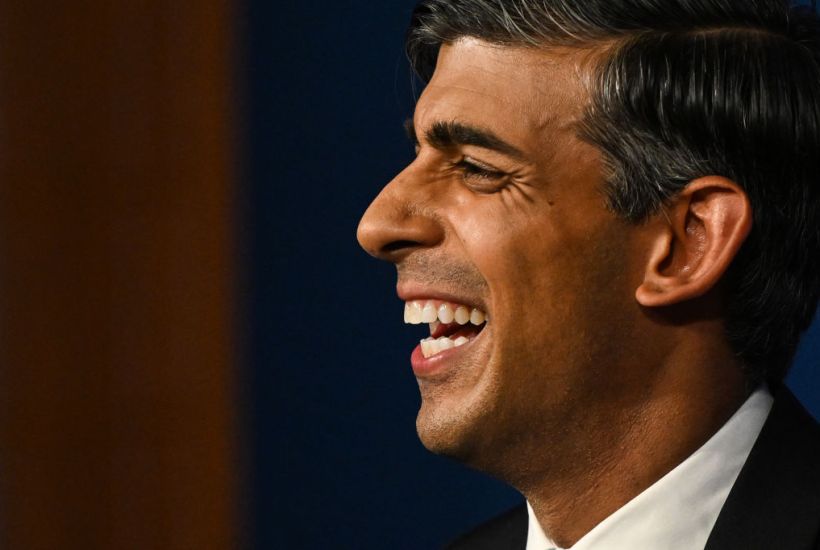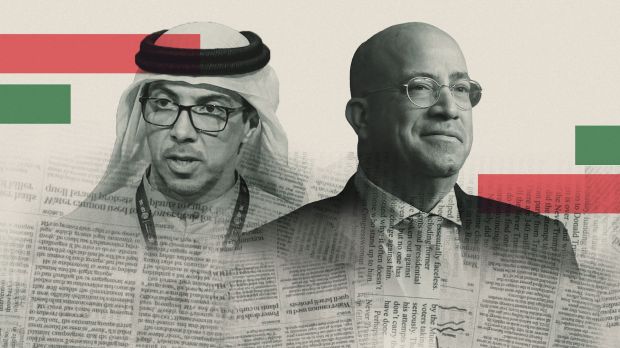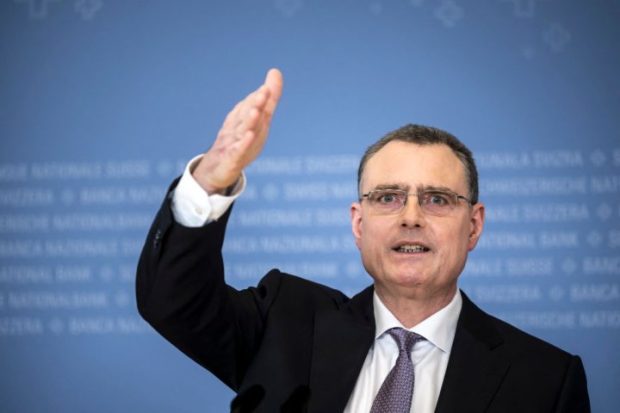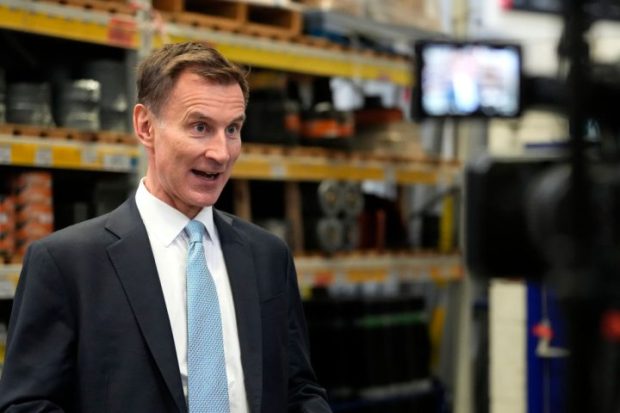Last week, Rishi Sunak struck a blow for ordinary people against the elitist project that is net zero, assuring them that a government led by him will not be loading them with tens of thousands of pounds in costs for fitting heat pumps, forcing them to buy an impractical electric car or stinging them in taxes for flying off on holiday. The opposition, at least in the shape of Ed Miliband, fell right into his trap. As polls have shown over and over again, public support for net zero tends to melt away very fast when it comes to asking them about issues which threaten to affect them personally.
So why is the PM now trying to ruin it all by – according to the Sunday Times – preparing to announce in his conference speech that the government will slash the rate of inheritance tax prior to abolishing it for good? It is true that inheritance tax (IHT) often shows up in polls as Britain’s most-hated tax – although people don’t tend to like any taxes. An Opinium Poll in 2021, for example, found that 24 per cent of people named IHT as their least-favourite tax, with 17 percent naming income tax and 15 percent spending taxes (ie VAT). But slashing IHT might come across very differently if it is seen to take place in tandem with fat rises in other taxes – especially taxes which, unlike IHT, hit the poor.
The widespread belief in the Conservative party that cutting or abolishing IHT would be game-changing vote-winner seems to date from 2007 when Gordon Brown failed to call an expected general election after George Osborne announced, at the Conservative conference, a policy of cutting IHT. Osborne’s policy had seemed to turn the polls in the Tories’ favour. Yet conditions are very different now than they were in 2007. Then, voters were not being hit with large rises in other taxes. Now, money is being taken out of almost everyone’s pocket through fiscal drag – where tax thresholds remain static rather than being uprated with inflation. In addition, those earning between £125,000 and £150,000 have seen their marginal tax rate rise from 40 per cent to 45 per cent. Savers, too, have found more of their savings being taxed.
And it is against this background that Sunak wants to cut IHT – a tax which only falls upon three per cent of estates. We are heading for a tax system which is the extreme opposite of that which held sway under Denis Healey. Then, unearned incomes were subject to extra tax rates. Now, it is earners who are whacked by the taxman. Only they pay National Insurance.
Slashing IHT plays right into the hands of those who like to portray Rishi Sunak as someone whose personal wealth makes him remote from the concerns of ordinary people. Moreover, the theory that cutting or abolishing IHT is a great vote-winner is somewhat undermined by what happened in the 2010 general election. Like Sunak now, the Conservatives went into that election promising a cut in IHT. But a lot had happened since 2007. The financial crisis had been followed by a huge public deficit, and the Tories were now saying that other taxes would have to rise. Labour lost, as was almost inevitable given the state of the economy and the public finances, but Cameron’s Conservatives failed to win a majority. Instead, they were forced to share power with the Liberal Democrats, who had done very well by promising to raise the threshold at which income tax became payable. It was that which became the centrepiece of coalition tax policy.
By all means cut IHT when there is sufficient money in the kitty, but not at a time when you are raising other taxes. That just makes you look like a party for the idle rich.
Got something to add? Join the discussion and comment below.
Get 10 issues for just $10
Subscribe to The Spectator Australia today for the next 10 magazine issues, plus full online access, for just $10.





















Comments
Don't miss out
Join the conversation with other Spectator Australia readers. Subscribe to leave a comment.
SUBSCRIBEAlready a subscriber? Log in